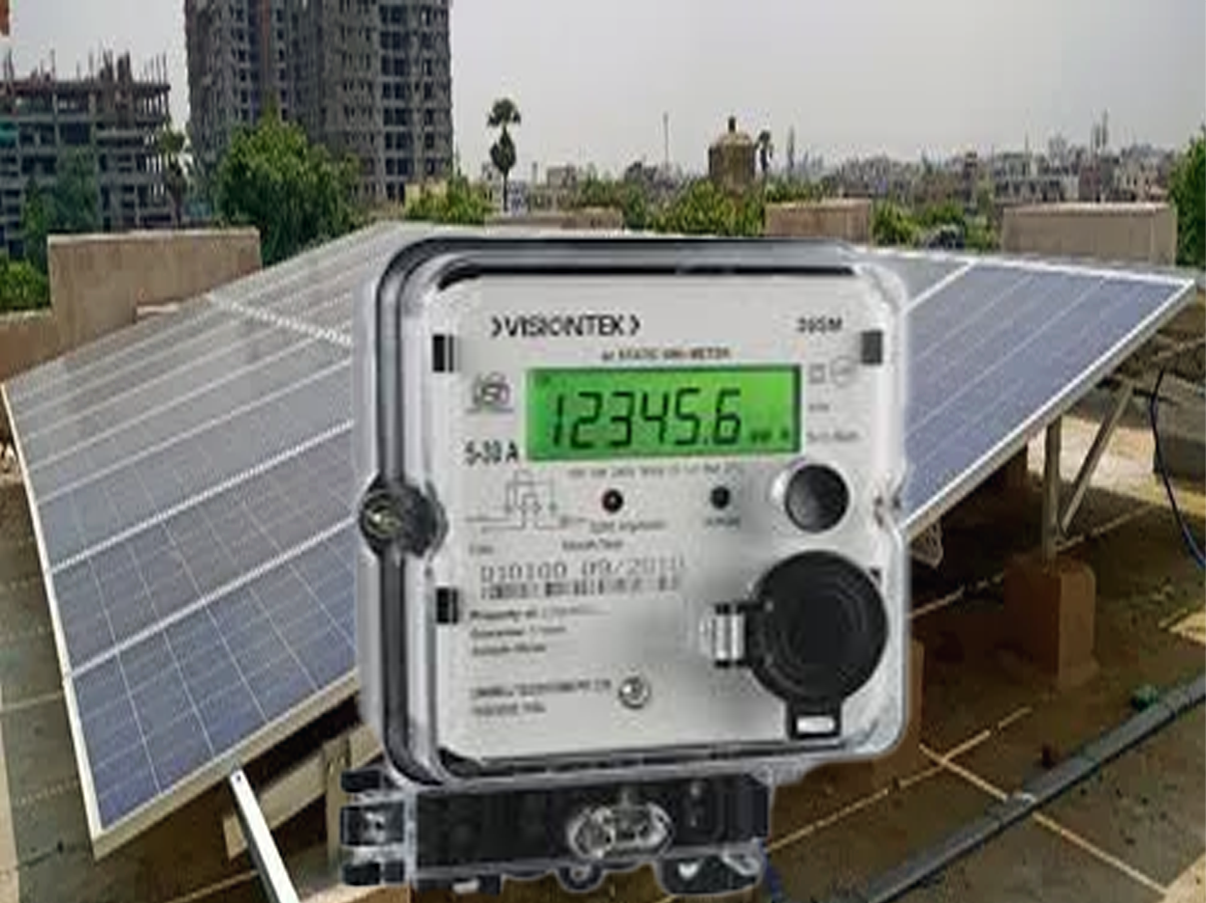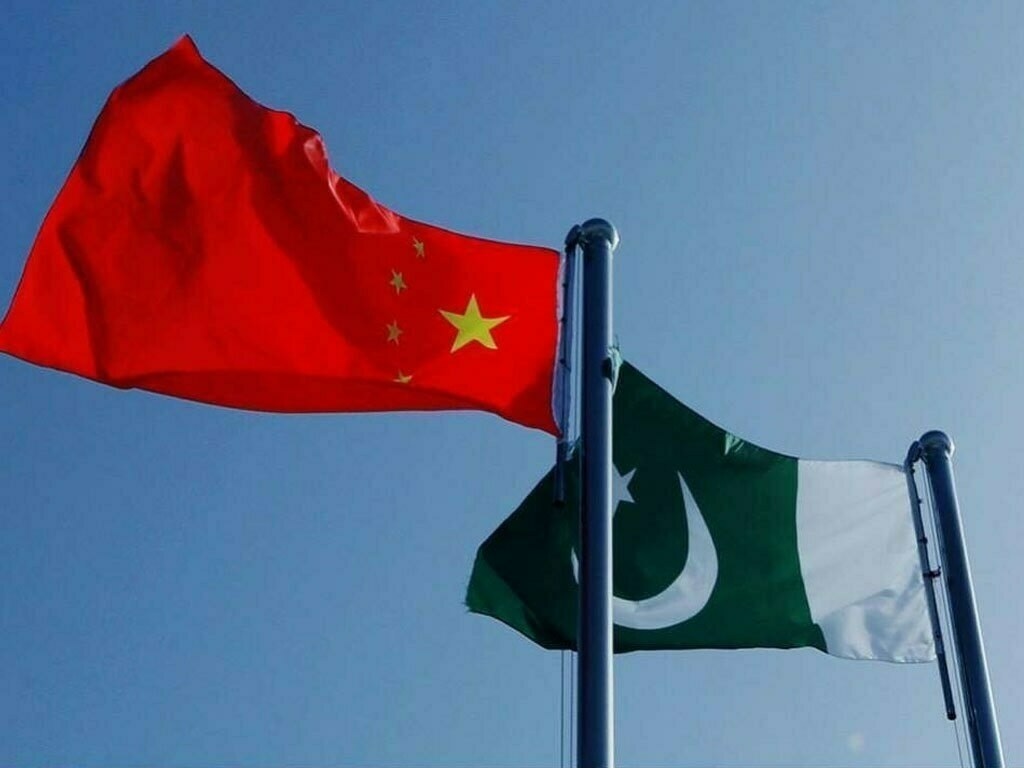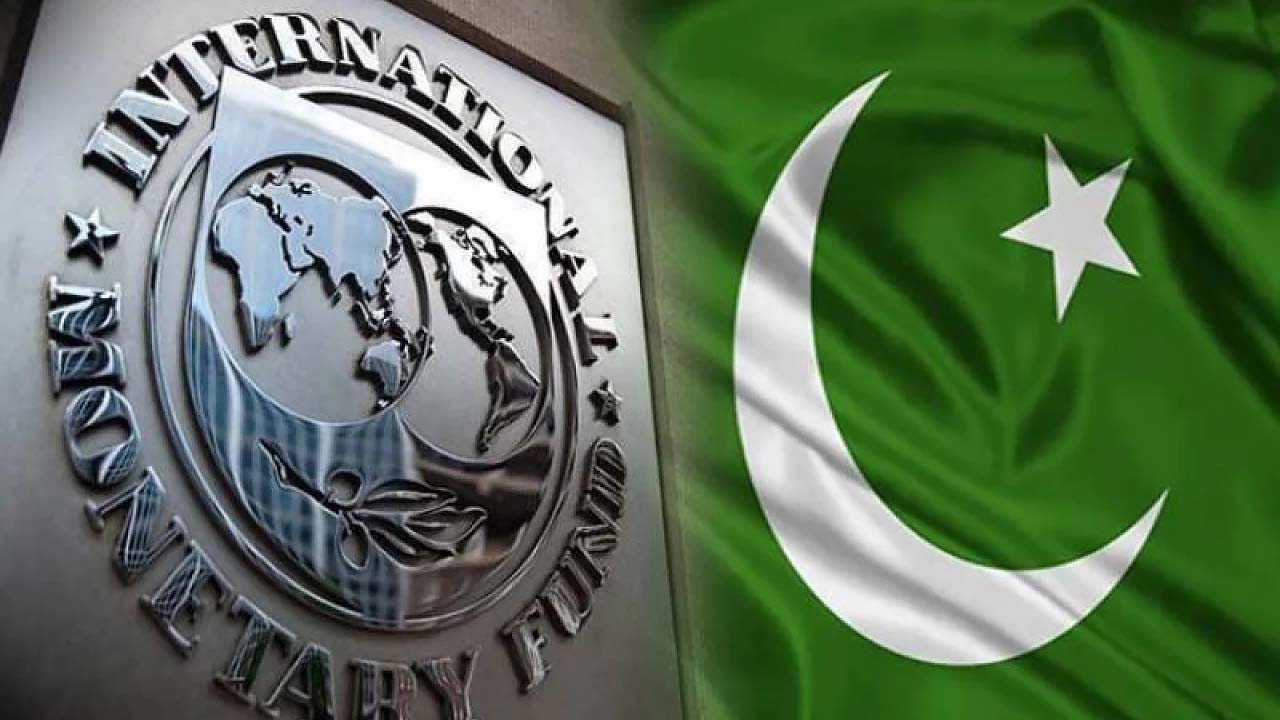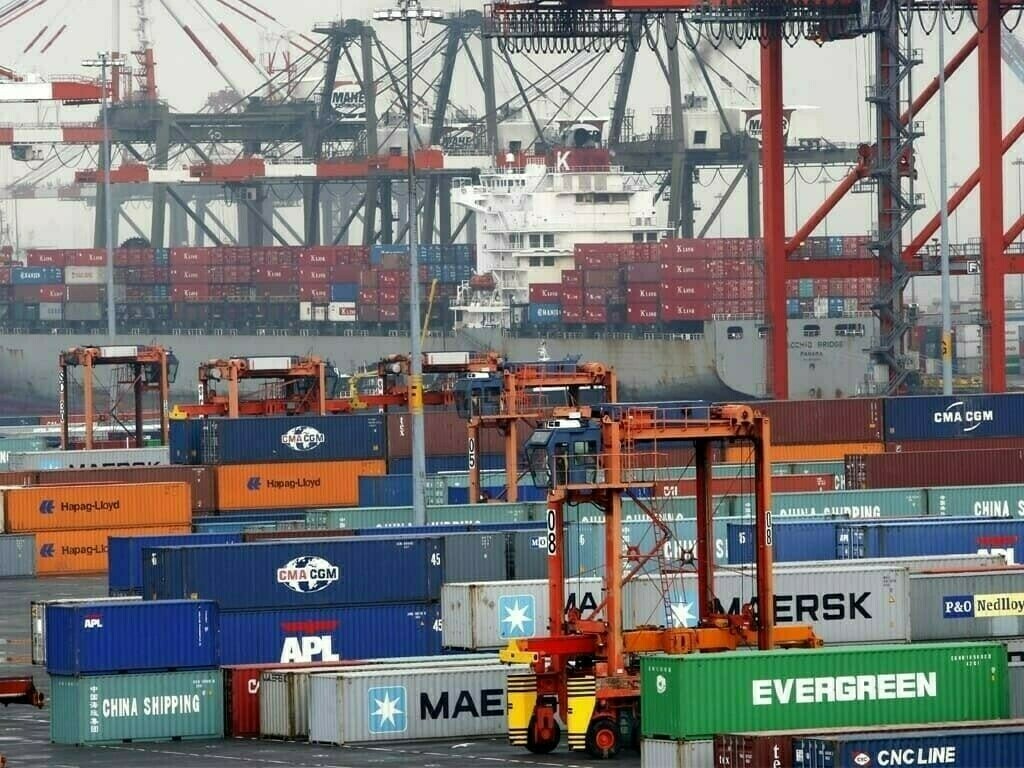PTBP Web Desk
Fast Cables Limited, a prominent electrical cables manufacturer in Pakistan, has significantly increased its commitment to clean energy by commissioning an additional 1.1 megawatts (MW) solar power system at its manufacturing facility. With this expansion, the company’s total installed solar capacity has now reached an impressive 3MW.
The announcement was made in an official notice to the Pakistan Stock Exchange (PSX) on Tuesday, signaling the company’s growing emphasis on renewable energy integration within its operations.
“We are pleased to inform you that Fast Cables Limited has successfully commissioned an additional 1.1 MW solar power system at its manufacturing facility,” the company stated. “This is in addition to the previously installed 1.9 MW capacity, bringing the total installed solar generation capacity to 3MW.”
This strategic move is part of Fast Cables’ long-term energy transition plan to diversify its energy sources. By harnessing solar energy, the company aims to reduce its dependency on the national grid and fossil fuels. The additional capacity will allow the firm to meet a substantial portion of its power needs through clean and sustainable sources.
The company also emphasized that this development aligns with its broader goals of environmental sustainability, energy efficiency, and corporate social responsibility.
“The initiative underscores Fast Cables’ unwavering commitment to environmental sustainability, energy efficiency, operational savings, and responsible corporate citizenship,” the company noted in its PSX filing.
Pakistan has witnessed a remarkable shift toward renewable energy solutions in recent years, particularly in the solar power sector. Rising electricity prices, frequent power outages, and environmental concerns have prompted industries and households alike to invest in solar energy.
According to recent figures presented to the Economic Coordination Committee (ECC), Pakistan’s total installed solar power capacity surged from 321MW in 2021 to 4,124MW by December 2024. This dramatic increase highlights the growing popularity and feasibility of solar power in the country’s energy mix.
Fast Cables is not the only industrial player investing in solar energy. Earlier this month, Ali Asghar Textile Mills Limited (AATM), a company that has pivoted from textiles to logistics, began the execution phase of its 1MW solar power project. This move represents the ongoing trend among former manufacturing units to utilize idle industrial space for sustainable energy projects.
Meanwhile, International Steels Limited (ISL), a subsidiary of International Industries Limited, recently completed a larger-scale project by installing a 6.4MW solar power system at its manufacturing facility in Karachi. This project has already been activated and is currently contributing to the company’s energy consumption.
These developments underscore a broader industrial shift, where companies are increasingly adopting solar power not just for cost savings, but also as part of their environmental and sustainability mandates.
While the transition to solar power is a positive step for environmental sustainability and corporate independence, it also brings challenges for the national energy infrastructure. The increasing self-reliance of major power consumers like Fast Cables and ISL may reduce the burden on the national grid, but it also poses questions about the long-term revenue and operational strategy of utility providers.
Moreover, the stagnant overall electricity consumption in the country could lead to underutilization of government-operated power plants, impacting future planning and investments in the energy sector.
Fast Cables’ decision to expand its solar generation capacity is a testament to the company’s vision for a sustainable and energy-efficient future. By embracing solar technology, Fast Cables not only reduces its carbon footprint but also sets a strong example for other manufacturers in Pakistan.
The move will likely encourage further investments in renewable energy by other industrial players, fostering a more resilient and eco-friendly industrial landscape.




